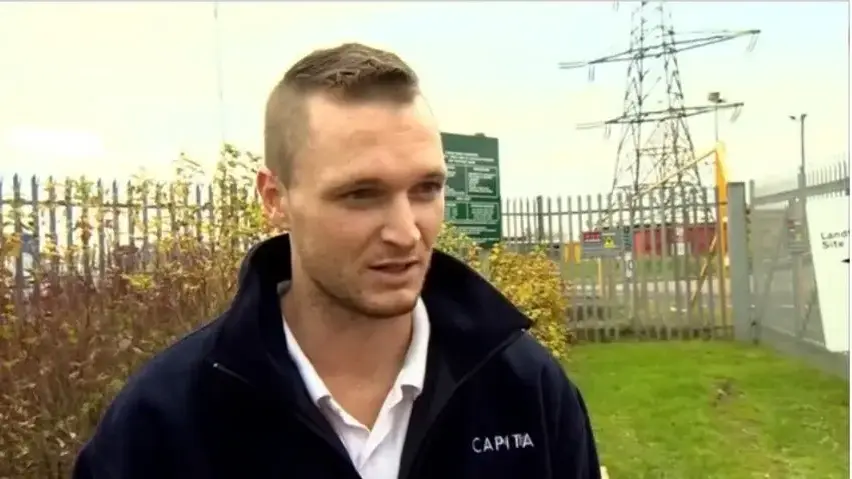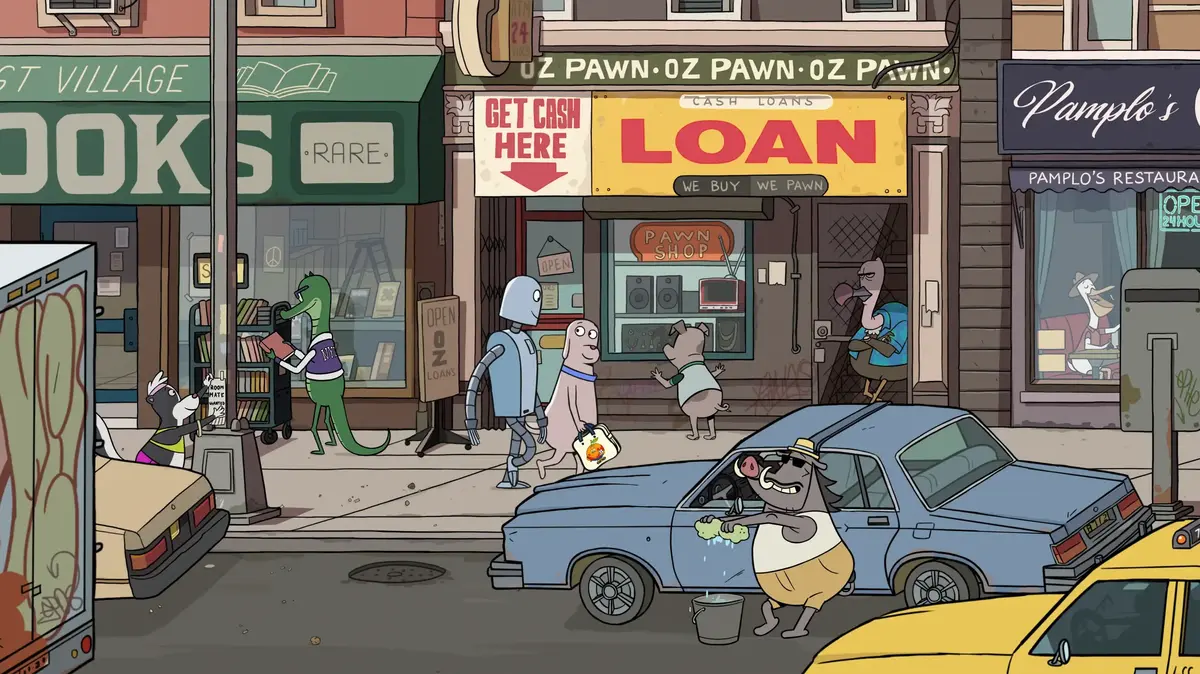Dear reader,
you may have heard of James Howells.
The Welsh computer scientist has been well on his way to becoming one of the most tragic figures in Internet history for several years.
In 2013, one of his hard drives ended up in the city of Newport's landfill, along with the private key to thousands of bitcoins stored on it.
As the cryptocurrency continued to soar, Howells tried to convince the city council to let him search for the hard drive.
He's still trying, crypto crash or not.
Because today the bitcoins would still be worth around 160 million euros.
(Howell's accounts of how many bitcoins there are vary.)
His latest idea has it all: robot dogs should track down the lost treasure.
Howells revealed the whole plan to "Business Insider": Equipped with eleven million dollars from a German and a Swiss venture capitalist, he wants to have the landfill ransacked on three levels.
To rummage through 110,000 tons of waste, he wants to use human helpers, a conveyor belt with an AI that has been trained to recognize hard drives, and said robotic dogs.
He estimated it would take three years.
Plan B envisages 18 months and less waste, but should only cost six million dollars.
According to Howells, he hired eight specialists, including one who worked as a consultant for the company that once salvaged the black box from the space shuttle Columbia, which burned down in 2003.
If the salvage operation is successful and the data is successfully recovered, Howells wants to keep 30 percent of the bitcoins for itself, 30 each went to the investors and their helpers, and the rest to the community and its residents.
Howells promises not to leave behind a mess of garbage, but to reorganize the landfill in his treasure hunt.
Recyclable material should be reused, the rest buried again: “We don’t want to harm the environment in any way.
If anything, we want to leave everything in better condition than it was before.”
The 36-year-old knows what is still the biggest hurdle for him: the city council.
According to Business Insider, it will stay that way.
"There is nothing Mr. Howells can bring to our attention," a spokesman is quoted as saying, which could change the council's mind.
The environmental risk is simply unacceptable.
Lay investors are likely to follow the current price loss of many cryptocurrencies and projects with horror because they or even their pension fund have bet their savings, their retirement provision.
It's different with Howells: According to his own statements, he mined his bitcoins himself from 2009, so he never lost (a lot of) real money.
The tragedy of his story is more that he invests years of his life in the dream of millions of fortune - but fails again and again before he can really get started.
In the meantime, he earns his living by buying and selling, of course, bitcoins.
Our current Netzwelt reading tips for SPIEGEL.de
»The Fictitious Patient« (6 minutes of reading)
The big business with data is mainly done in the USA.
European companies simply have less data available or are not allowed to work with it in the way they would like.
Is synthetic data the answer?
"How to find hidden surveillance cameras" (7 minutes of reading)
Torsten Kleinz used his smartphone and an anti-spy app to search for camouflaged cameras like the ones sold on Amazon for obviously questionable to illegal purposes.
»How the EU is arming Morocco's surveillance apparatus« (4 minutes of reading)
The government in Rabat systematically persecutes journalists and members of the opposition.
SPIEGEL research shows that the EU is still supplying the regime with surveillance software - allegedly in the fight against irregular migration.
External links: Three tips from other media
»Photos of illegal parkers: Bavaria does not collect the fee« (2 minutes of reading)
Anyone who photographs illegally parked cars in Bavaria and regularly sends the police entire series of photos has previously had to pay 100 euros themselves.
As the BR reports, a court should first clarify the data protection problem.
"So little does Tinder & Co. protect against attacks on dates" (video, 28 minutes)
In this video report, those affected report so-called date rapes - sexualised violence on dates via dating apps such as OkCupid, Bumble or Tinder.
The accounts of the victims are shocking.
And the research also shows how they are left alone by the platforms, while suspected perpetrators can simply create a new profile.
»Death of a Crypto Company« (Podcast, English, 30 minutes)
The »New York Times« addresses the crisis at Celsius, which acts as a quasi-bank for cryptocurrencies and promised investors high interest income.
The podcast explores the question of whether the crypto industry is now imitating the worst characteristics of the financial sector.
I wish you a happy week.
Patrick Beuth









